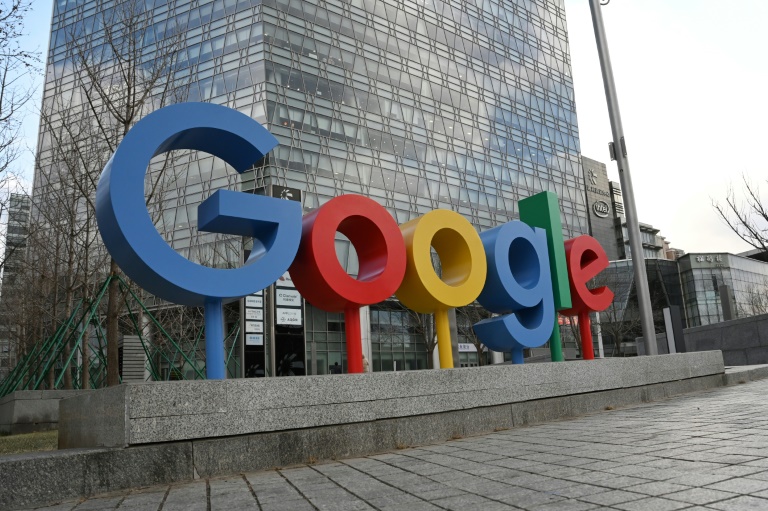Brussels (AFP) – An EU court on Wednesday scrapped a 1.49-billion euro ($1.65 billion) fine imposed by Brussels against Google over abuse of dominance in online advertising. “The General Court annuls the (European) Commission’s decision in its entirety,” the Luxembourg-based court said in a statement, adding that the “institution committed errors in its assessment.”
Brussels “failed to take into consideration all the relevant circumstances in its assessment of the duration of the contract clauses that the commission had deemed abusive,” the court said. The commission, the EU’s influential competition regulator, stated that it “takes note” and would “carefully study the judgment and reflect on possible next steps” — which could include an appeal. A Google spokesperson said the company welcomed the ruling, noting it had “made changes” to its ad services in 2016, before the EU decision. “We are pleased that the court has recognised errors in the original decision and annulled the fine,” a Google spokesperson added.
The ruling is especially welcome for Google after the EU’s highest court last week upheld a 2017 fine worth 2.42 billion euros, imposed for abusing its dominance by favouring its own comparison shopping service. As part of a major push to target big tech abuses, the EU slapped Google with fines worth a total of 8.2 billion euros between 2017 and 2019 over antitrust violations. The 1.49-billion euro fine is the third of those penalties, focused on Google’s AdSense service. But the long-running legal battles between Google and the EU do not end there.
Google is also challenging a 4.3-billion-euro penalty Brussels levied on it for putting restrictions on Android smartphones to boost its internet search business. The 2018 fine remains the EU’s largest-ever antitrust penalty. The General Court in 2022 slightly reduced the fine to 4.1 billion euros, but mainly supported the commission’s argument that Google had imposed illegal restrictions. The legal saga continues in that case after Google appealed the latest decision before the higher European Court of Justice.
The EU has since armed itself with a more powerful legal weapon known as the Digital Markets Act (DMA), to rein in tech giants including Google. Rather than regulators discovering egregious antitrust violations after probes lasting many years, the DMA gives businesses a list of what they can and cannot do online. The aim is that tech titans change their ways before the need for deterrent fines. Google is already the subject of one investigation under the DMA alongside Facebook owner Meta and Apple.
Google is in the US regulators’ crosshairs as well. Last week, the tech titan faced its second major antitrust trial in less than a year, with the US government accusing Google of a monopoly in ad technology — the complex system determining which online ads people see and their cost. It comes after a US judge in August found Google’s search business to be an illegal monopoly, a ruling that threatens a possible break-up for the tech behemoth. Ad tech is at the centre of multiple probes by regulators around the world. British and EU competition watchdogs have said in preliminary findings that Google abused its dominance in the market. Google has the right to respond in both cases before the regulators reach final conclusions.
Parent company Alphabet in July stated that revenue from online ad searches climbed to $48.5 billion in the second quarter of this year.
© 2024 AFP





















